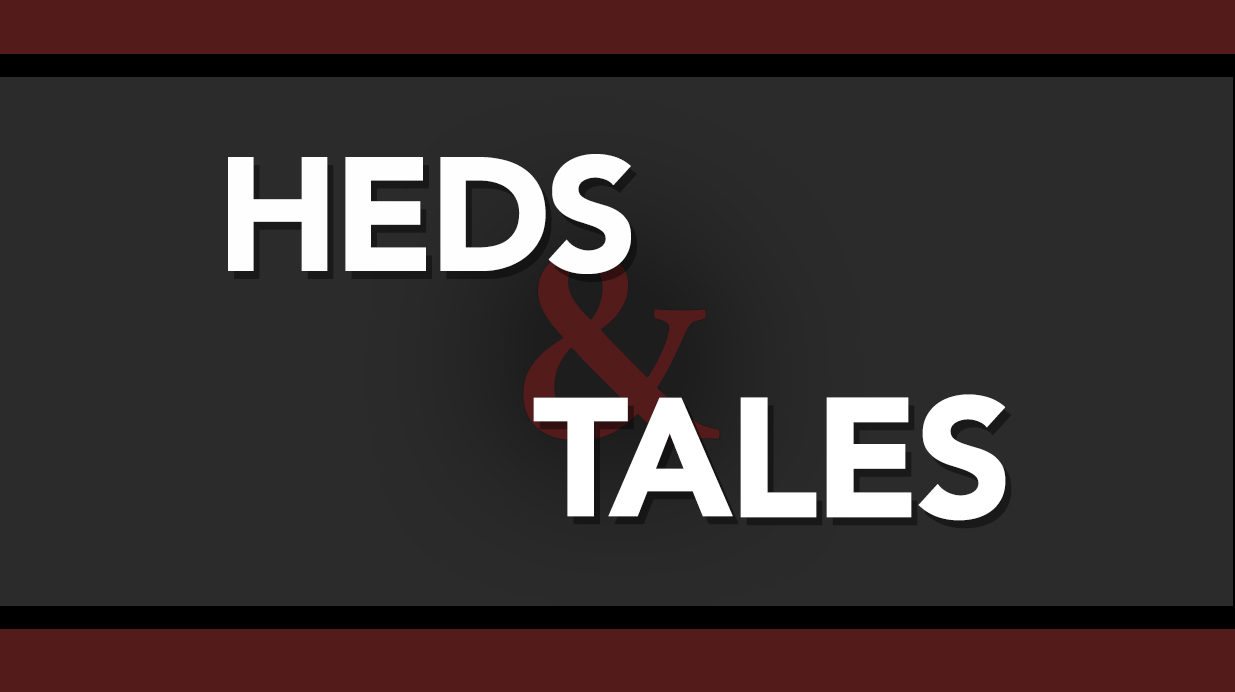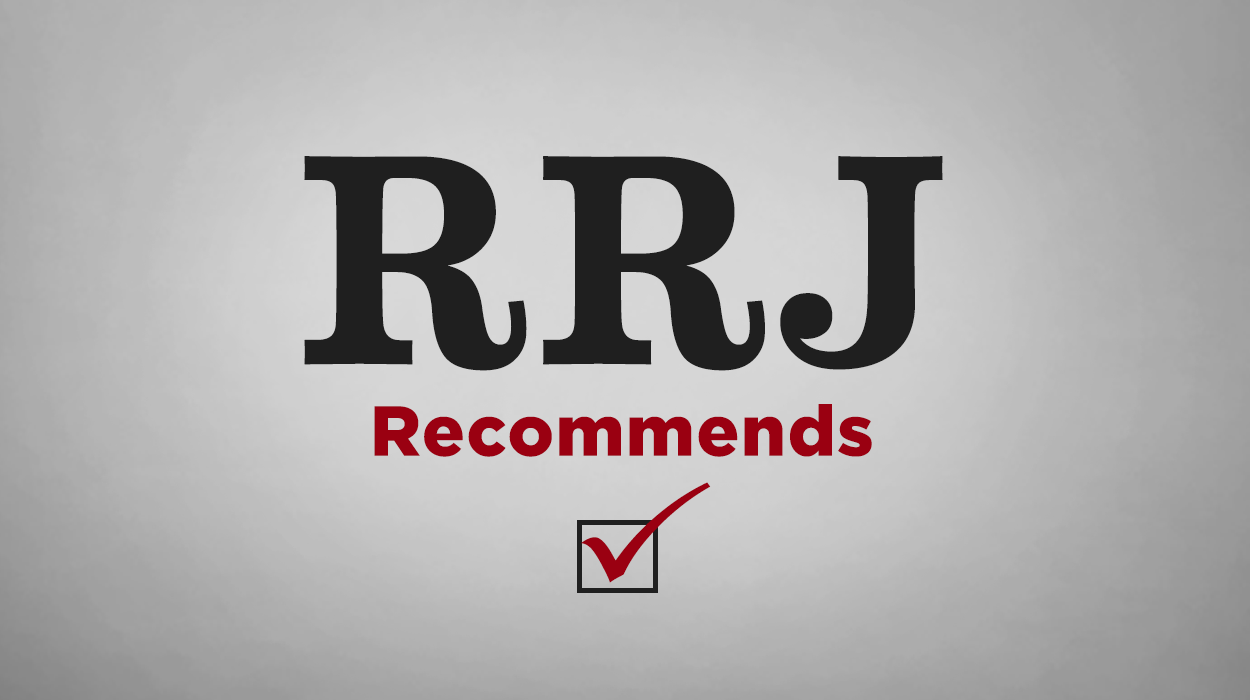
The Tale
On Monday, U.S. President Donald Trump made a vague, accusatory statement toward the “very, very dishonest press.” Regarding its alleged refusal to publicize terrorist attacks in Europe, he asserted that it wasn’t reporting attacks for unspecified political reasons. The claim couldn’t be further from the truth.
The Heds
Trump’s Baseless Claim That the Media Covers Up Terror Attacks (The Atlantic)
Trump Says Journalists “Have Their Reasons” to Play Down Terror Threat (The New York Times)
Donald Trump’s Latest Attack on the Media is Very, Very Dangerous (Washington Post)
The Take
Trump’s latest onslaught was directed at journalists, the very people whose civic duty and job description require them to question public figures. In response, The Atlantic’s hed assumes a dismissive tone. “Baseless claim” reinforces Trump’s now-recognized reputation as a liar. As far as The Atlantic is concerned, Trump should provide solid evidence to back up his accusations, and the only evidence he provides is shaky at best.
The New York Times’s headline cites Trump’s accusation that journalists have a hidden agenda to undermine him and wreak havoc by withholding information. The Times catches the absurdity and exposes it in the headline to attract curiosity, enticing readers to discover what journalists’ malicious motives might be for not doing their jobs.
The Washington Post’s headline focuses on the potential effects of Trump’s claim instead of the accusation itself. (“Latest” shows this isn’t the first time Trump has directed derogatory statements toward the media.) Also, the use of repetition mirrors Trump’s preferred method of emphasis. Trump likes to repeat himself, a lot. Repeating “very, very,” ties in with the overriding quote from the article that describes journalists as being “very, very dishonest.” Trump implies that the media’s own biases are undermining his attempts to advance and protect the nation from the threat of terrorism. The Post turns this around, implicitly asking, “What’s the real danger here?”
The real danger is that Trump is seen as a person of authority, and his suggestion that the media is “complicit in a cover up of terrorist attacks” is being broadcast. News outlets already have a reputation for bringing in their own biases and being overly negative. But when the President of the United States suggests that the media is purposely sabotaging the president’s efforts to keep the country safe, who is going to oppose his word? That would be directly undermining his authority. This form of language is called gaslighting. Trump will repeat it, over and over again. The more you hear something, the more likely you are to believe it.
This piece was updated on February 13, 2017.
